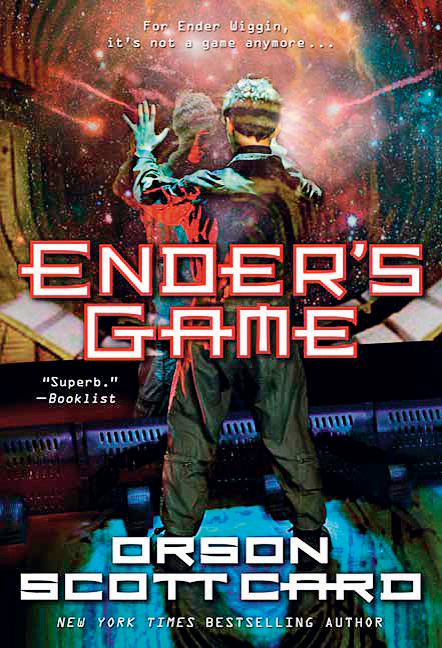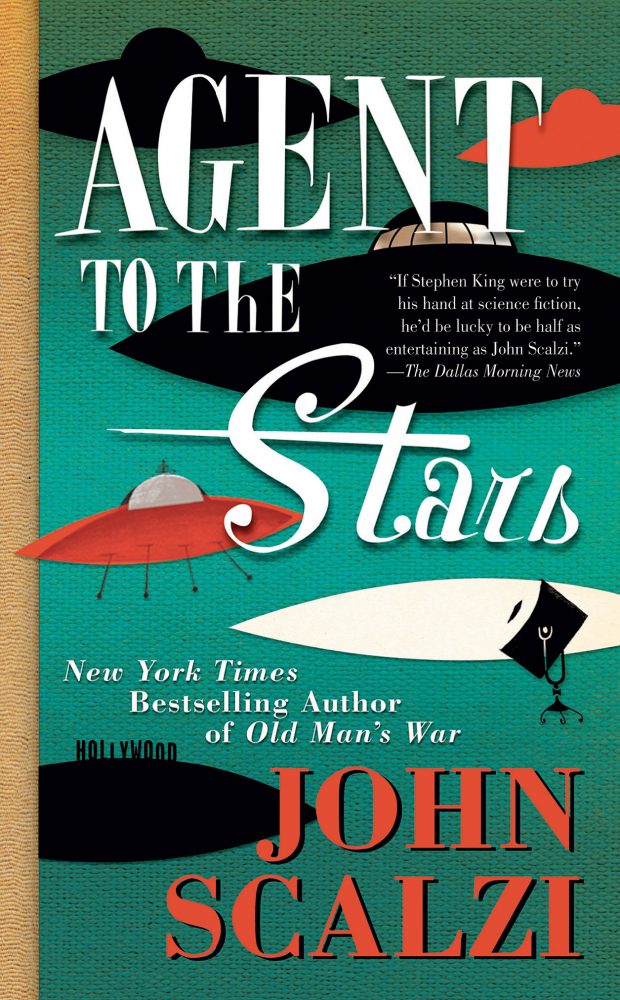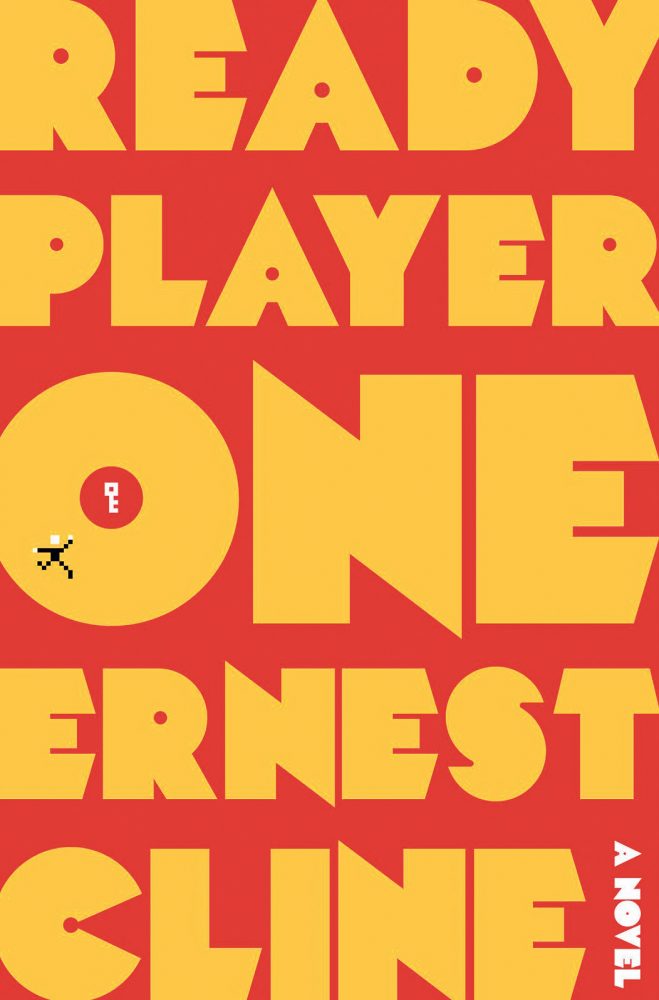Those who scorn science fiction often labour under several misconceptions. One: Science fiction is dense, technical, and not well written. Two: Science fiction is the domain of those who spend too much time adding to the comments section of online news sites. Three: Science fiction is not really literature.
These ideas have never been true, but for the sci-curious, the following three titles will gently ease you into the rich world of contemporary science fiction.
In the category of modern classics, Orson Scott Card’s Ender’s Game (1985) is a book you might have missed if you are over 40, but it seems destined to be read for a long time by future generations, not least because the U.S. military has made it required reading for many of its trainees. The story, about a boy named Ender Wiggin who is discovered to be a tactical genius, is set mainly at a battle school where cadres of supremely gifted children are trained to wage war against an alien race. Think Harry Potter meets Taps in space. Only better. The novel explores the dynamics of children, of power and violence, of what it means to be talented and what it means to be given a destiny for which you might not be ready. The book is plotted so tightly you’ll find yourself disappearing into Card’s claustrophobic world. A gripping commentary on the relationship between the ends and the means as well as the true nature of children and their capabilities, Ender’s Game should be required reading for anyone who has ever considered how war is and might be waged. The 20th anniversary audiobook version (2004), which includes an original postscript written and recorded by Card himself, is also well worth a listen.
In the category of humorous and entirely delightful, look no further than John Scalzi’s Agent to the Stars. Scalzi is the Christopher Moore/Carl Hiaasen of science fiction. He describes Agent to the Stars as his “practice novel”. It was begun in 1997, and he published it in 1999 on his personal website, where it started selling and never stopped. In 2005, the novel was released by Tor, the premiere science fiction publisher. Agent to the Stars is the story of an ambitious young Hollywood agent (is there any other kind?) who is talked into representing an alien race, called Yherajk, who want to be introduced to humanity. There are several catches, however, the first being that the alien is a foul-smelling, joke-cracking puddle of goo. Luckily, the Yherajk are able to shape-shift and aren’t much more otherworldly than the movie people. Scalzi manages to squeeze in philosophical considerations about human perception and the autonomy of sentient beings into a bag of tricks that contains crack comic timing and characters reminiscent of Stephen King’s most appealing creations.
Finally, for a full-bodied speculative fiction mashup, one need look no further than Ready Player One (2011), Ernest Cline’s debut novel. A dystopian nightmare, a romance, and a retro pop-culture adventure story with a gamer-gasm of a plot combine to make the book an entirely satisfying read.
The story is a first-person narrative by Wade Watts, who is coming of age in 2044 in the post–peak oil era. Wade lives in a trailer with his aunt and 14 other people. “Real estate within walking distance of a big city became far too valuable to waste on a flat plane of mobile homes, so someone had cooked up the brilliant idea of … ‘stacking the sumbitches’ .” These teetering stacks of trailers connected via pipes, girders, and support beams are typical of a world that is so bleak and precarious that everyone who can afford a computer spends all their time in a virtual reality called the OASIS. Inside the OASIS, a dedicated group of gamers called “gunters” seek the billion-dollar prize, or Easter Egg, that the game’s founder, James Halliday, has hidden inside the game. To win, all they have to know is absolutely everything about the 1980s. Ready Player One is a candy store for Generation Xers, gamers, and nerds of all sizes. The writing is packed with allusions and references, and the worlds inside and outside the game are equally compelling. Tension builds on all fronts and combines to make the book a fizzy treat and first-class entertainment. There’s a film in the works, to be written by Cline, but in the meantime, audiobook and Star Trek aficionados should check out Wil Wheaton’s near-perfect narration of the audio version (2011).











